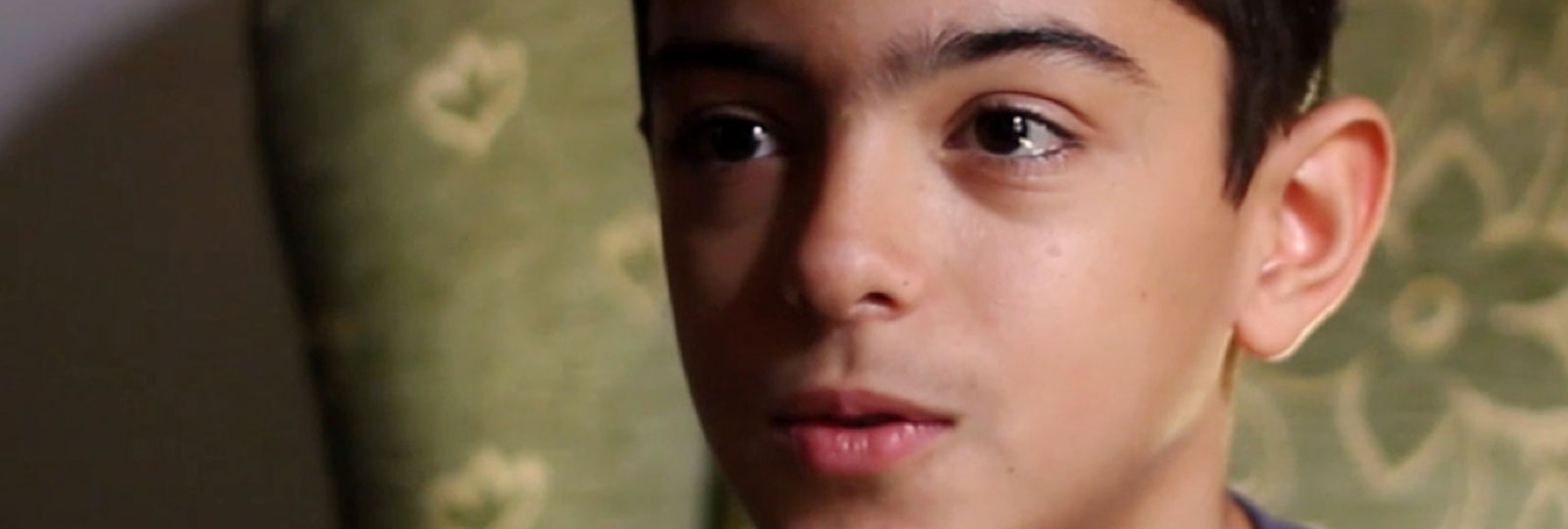
Great Suffering
Syrians speak about their pain and suffering after years of intractable war and deepening poverty. Caritas responds quickly as the war shifts from one area to the next, providing immediate aid.
The pain of losing a child
Hana* and her husband Farhan* have suffered the kind of wartime experience that is every parent’s worst nightmare. Their young son was killed when the school he attended with his twin brother was bombed in Damascus.
Hana is inconsolable as she recalls how she raced to her boys’ school and took her son to the nearest hospital in a desperate bid to save his life.
“I ran there and found him on the ground. I held him, his eyes were open,” she recalls through waves of tears.
She describes scenes of chaos and unspeakable pain as injured children were brought to the hospital.
“There were children without legs, without fingers, children with open abdomens, it was really unbelievable.”
“They took all the kids into the emergency room and Sinar disappeared. After about an hour I asked them ‘where is Ferran?’
They said ‘He was dead when you brought him here.’”
As Hana and Farhan try to rebuild their lives with their surviving son, they have received valuable support from Caritas. Farhan has had a hip replacement with funds provided by Caritas.
“Caritas is the most important humanitarian organization,” he says. “They helped me to get rid of the pain.”
Hana cannot see a different life beyond the border of Syria. “This is our country. We will not give it to anyone else,” she says. “I can’t imagine myself buried in a country that is not mine, away from my son.”
Her husband says: “Before the war life was beautiful. Despite the conflict our country is still the most beautiful country in the world.”
* Names have been changed
Life-saving assistance from Caritas
Aida* and Idris* fled the Syrian city of Maaloula with their young son when armed militants invaded the city which is known for its strong Christian community. They left everything behind and are now living in Damascus
“Armed groups tried to enter Maaloula several times,” says Idris. “They started throwing shells and explosive tyres on churches and houses.
“I was injured by a mortar shell and taken to the hospital. Then I went back to Maaloula to defend it because it is my land, my village and my language, Aramaic. This is my language and the language of Jesus.”
The family had a shop in Maaloula and Idris also had a small piece of land where he farmed and kept bees. They had a good life.
“My house was totally destroyed. Only this icon and photo of Jesus Christ survived. What can I do? I want to send my son to school but I am afraid.”
Aida is grateful for life-saving assistance provided by Caritas in Damascus.
“I approached them and explained my situation and that I had no-one to support me. They gave me food vouchers. It was very helpful. Caritas is the only charity that supported us at this time. There is no-one helping us now.”
For the family the future is unclear and Idris is uncertain about whether to remain in Syria. “I’d like to stay here but for my son it is better to leave. I want to offer him a better life for the future. If the situation was secure I would stay here for sure.”
* Names have been changed
Extraordinary story of survival
Brothers Arif* and Husam* are lucky to be alive. They were detained by militants in the southern Syrian town of Adra and narrowly survived execution.
“They took us outside to execute us. My brother knelt down in front of the fence. I placed my hand in his and said, ‘Together with Jesus in heaven’. Then they (militants) quarrelled with each other and the execution was halted.”
The brothers’ hands were tied behind their backs and they were forced to make a long journey walking through mud and snow before facing two years of imprisonment.
“Every second, every moment we lived with pain and oppression. Sometimes they left us without food for 48 hours. There were two spoons of water per day for each person.” The brothers could not believe it when they were eventually freed.
“Suddenly the door opened and a voice said ‘You are free now.’ I couldn’t believe it I thought I was dreaming. Am I going back to my family? I was not expecting to see them again.”
Other family members also suffered while the brothers were detained. They walked for eight hours through the desert with a small baby to escape violence in Adra. The family has since been reunited but have left their possessions and their livelihoods behind.
“We approached Caritas,” says Alia*, sister of the two men. “ They gave us many kinds of food aid and medication. They offered us things we needed at the time.
“Caritas offered us moral support. We saw their beautiful smiling faces before anything else. They didn’t make us feel like we were taking a donation.”
* Names have been changed
Daily suffering
It is difficult to imagine what Sahib* and his family go through every day. Sahib was left paralysed after a sniper’s bullet destroyed his spinal vertebrae when he crossed the street after curfew one night in Irbin.
“I can’t feel anything from my abdomen to my toes,” Sahib says. “Thank God my hands are ok.”
With his parents, his sisters and extended family, Sahib moved several times from Irbin to other locations before reaching Damascus. The family are now living in difficult, overcrowded conditions in a cramped warehouse.
His mother Khadija* says it is a struggle to take care of her son. “After this accident we suffer with him a lot,” Khadija says. His father Rushdi* begins to cry as he says his son needs drugs, catheters and other medical services.
“We don’t have any money at all,” Rushdi says. “We can’t afford travel expenses. Here we cannot treat him.”
Both their sons-in-law were killed in the Syrian conflict and their daughters and eight grandchildren live with them in the warehouse. “One left three children, the other left five. Our situation got even worse,” says Rushdi.
Salma* , the daughter with three children, was living in Babbila near Damascus when her husband disappeared. “My husband went out to get food and never came back. We heard he was kidnapped but we don’t have any idea where he is. It is four years since he disappeared and we are suffering a lot.”
Caritas has provided the family with food assistance, clothing and blankets. “We can’t do it alone, we need help,” says “Khadija”. “We cant live without charity. They are helping us.”
* Names have been changed
Should we stay or go?
Abeer* and her eight children survived a mortar attack on their home in Hujara, but one of her daughters Zainab* was badly burned.
“We couldn’t go out to treat her, we were under siege for a week to 10 days,” Abeer says. “All the houses and mosques were burned. There were dead bodies everywhere.
The family fled to Babbila and then to Jaramana on the outskirts of Damascus.
“The situation is very bad, my husband had open heart surgery,“ she says. “My son Mohamed is studying and he is the only one working and earning money. Life is difficult.
Mohamed, 20, considered leaving Syria to help support the family and approached his uncles about helping him to flee to Turkey.
“If I leave the country there is no-one to support my family,” he says. “My parents rejected the idea. My dad said ‘I can’t live without you, if you travel my life will be useless’. ”
Caritas has helped the family with medicines and creams for Zainab. Abeer said Caritas also helped her after a gall bladder operation and assisted her twin boys whose growth had been impaired.
The outlook is bleak for the family. They are struggling to pay the rent and feed themselves. The schools are too far away for the children and Abeer says they have lost their desire to study.
“Everything has changed,” she says. “We are more exhausted than our kids.”
“We left with only the clothes we were wearing. I left my husband behind. I left with the kids.”
* Names have been changed




